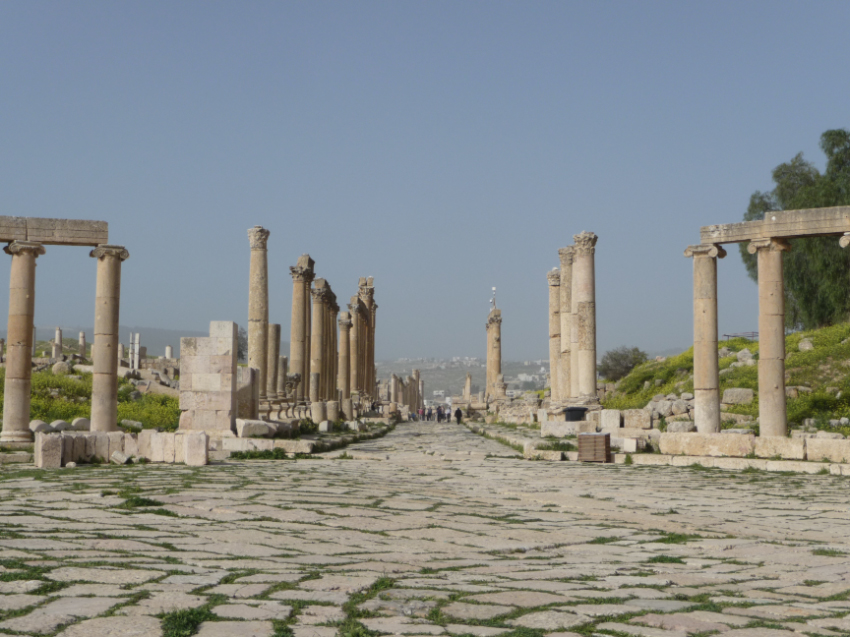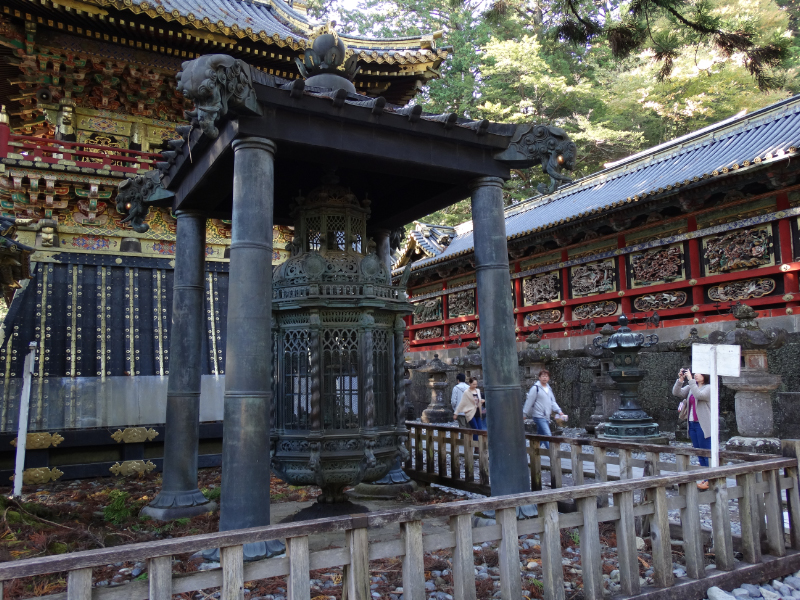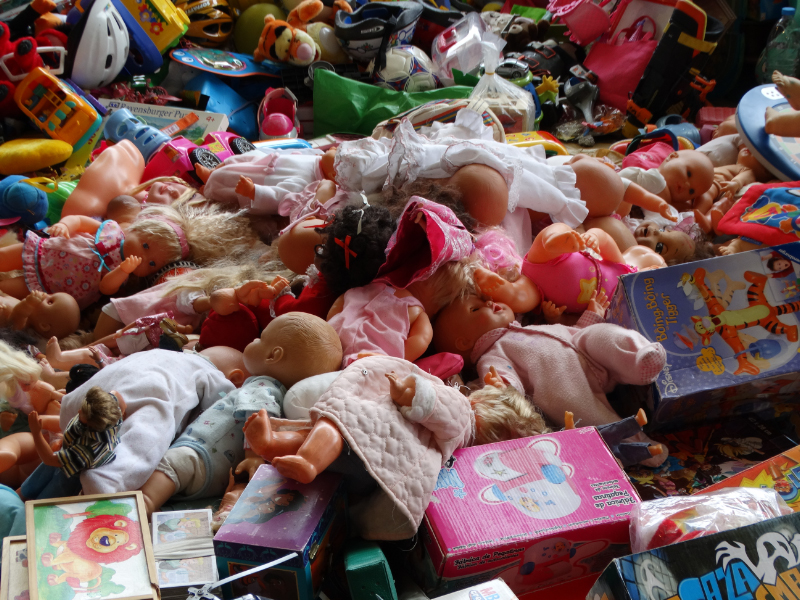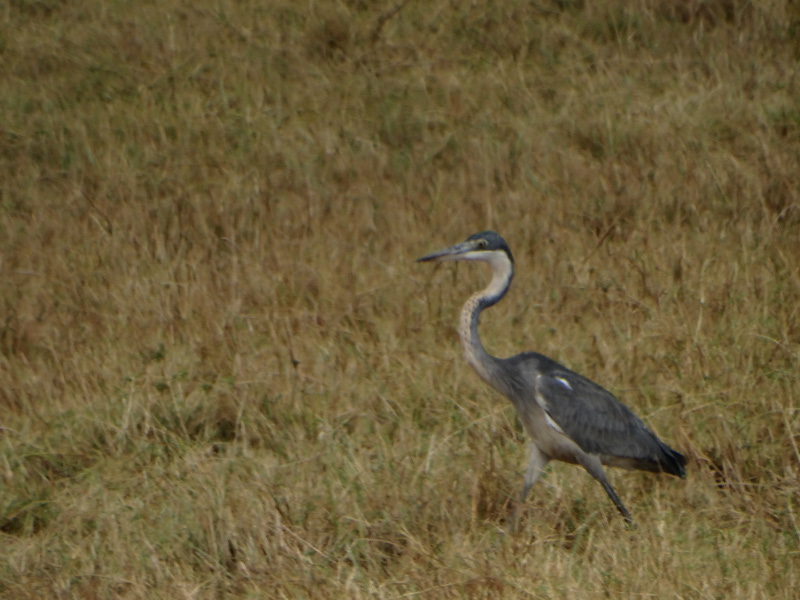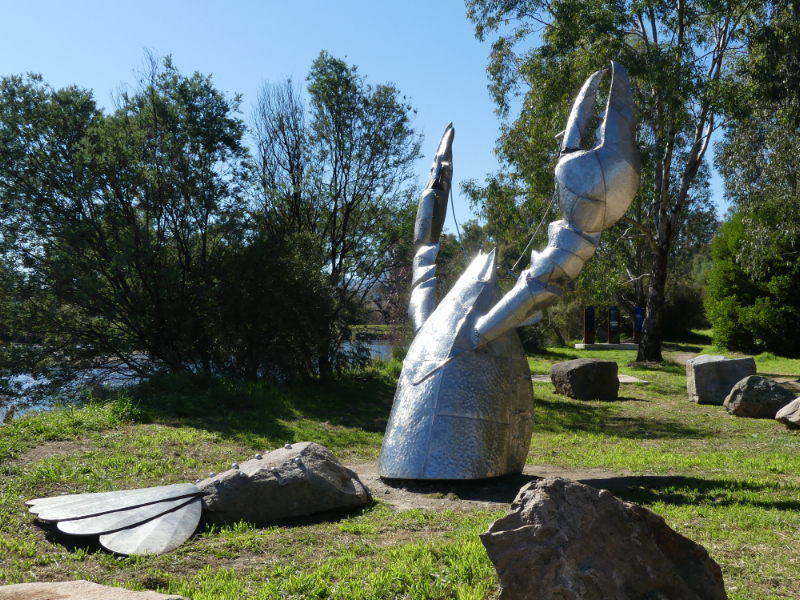Saturday 27 – Sunday 28 September
The drive from Turpan to Urumqi was through more desert before crossing the Tian Shen mountain range to the north. This massive mountain range traverses north west China into Kazakhstan and Kyrgyzstan. I think we will see a lot more of it.
The desert was again desolate but rich in wind farms and the associated high tension electrical cables. Roads and the rail line were under construction or repair. We passed numerous road gangs, sometimes made up of scores of people, including those sweeping the roads.
Urumqi is greener. Water from the mountains provides irrigation. Trees have been planted along the roadside outside of the city and in flat straight walking paths for exercise. They actually looked extremely boring.
Our drive outside the city took us to the Grand Canyon of Urumqi. The beautiful canyon had been damed, making a larger than normal space between the two slopes. The dam was in two parts and we were highly entertained to find about 20 brides and grooms having pre-nuptial photos taken. Most brides were dressed in white although red, pink and pale blue outfits also appeared.
The dresses were not new and on close inspection were actually in need of a decent clean, however the brides-to-be looked gorgeous if you ignored the jeans and sneakers under the full flowing dresses.
The photographers and their stylists were young, trendy looking men.
The dam and the mountains behind could have been set in the Alps of Europe. Pines fill the slopes and the water had a distinctive greenish tinge to it.
When we arrived in Urumqi we visited the Erdaoqiao Bazaar. Purported to be the largest in the world, over three levels in a number of buildings, it was in fact too large to create the normal atmosphere that a smaller bazaar might offer.
Urumqi has been a hotspot for the Islamic Uygur people. There have been some riots with fatal consequences so tourism numbers are down. However we were assured that we would be safe and in fact the number of police, including SWAT teams and armoured vehicles confirmed this.
We finished the night at a seedy, smokey bar enjoying a beer and pizza.
On Sunday we drove to the Heavenly Lake (Tianchi Lake), about 1.5 hours NE of Urumqi. Not far out of the city was a massive village of high rise apartments. Most of the apartments are empty. Ghost City. Many are being bought up by rich Chinese in the hope that their value will raise.
The government owns the land in China and any dwelling you purchase is on a 70 year lease. There is no way you can build an asset in a home.
The first 70 year leases are yet to expire. We can expect an interesting conundrum when that time is first reached.
Meanwhile we have passed scores of these ghost towns and when we ask our guides who will live there, the resounding answer is “I don’t know.”
The heavenly lake is now in private hands so we were shuttled in two separate buses from the visitor’s centre which is a predictably large entrance area with the usual security searches. The entry fee was 100¥ + 90¥ for the bus ride ~$35 and extraordinarily expensive in Chinese tourism terms.
We took a 20 minute boat on the lake and walked to a waterfall. It was very pretty – photos show.
We returned to Urumqi to visit the Xinjiang Autonomous Region Museum, we started with mummies that were 3800 years old. They with their clothing and wooden coffins were amazingly preserved in the dry desert sand. I really admired the fine weaving of woollen and even silk clothes.
The next section dealt with history and the development of implements through the Stone Age and the Bronze Age and into the dynasties of China.
The last section displayed the ethnicity that makes up Xinjiang regional area, including Uygurs, Kazaks, Manchus, and another 20 or 30 minority groups. In very much a propaganda style of writing, the story boards explained how China was a multicultural country embracing all ethnic groups, who in their own way contribute to the communism life style.
It is perhaps the constant security searches at hotels, shopping malls, visitor centres and underground rail stations and the road blocks and armoured vehicles that ensure the communism spirit.
And so weary after long hours on the road, hard beds and a distinct lack of toilet paper, we finished a magical, mind boggling 28 days in China.
e_header.jpg)





















































